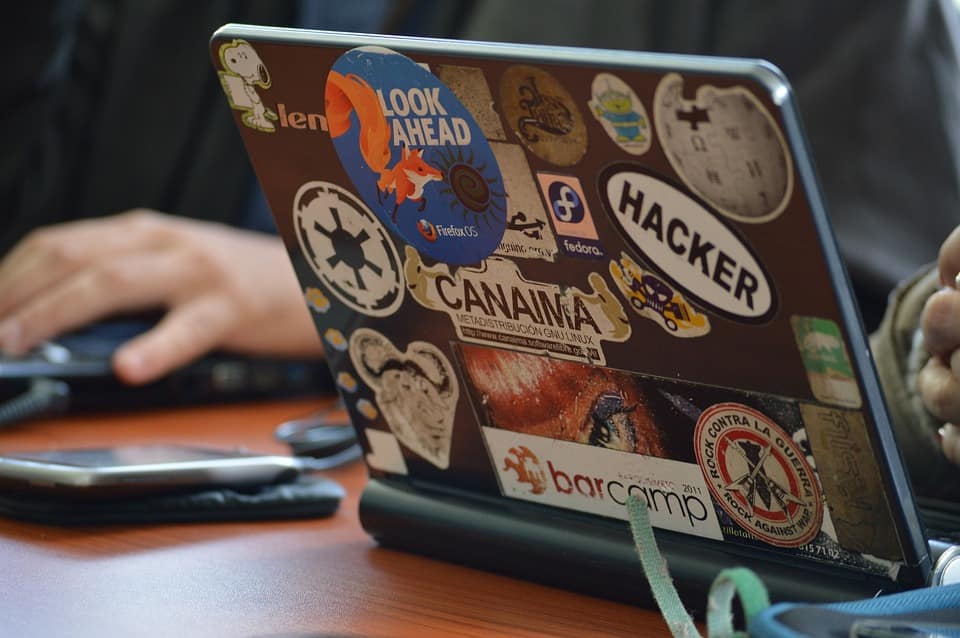Keeping Your Crypto Private Keys Secure: A Guide to Key Management
With the rise of cryptocurrency, the need for secure key management has never been more pressing. As the value and popularity of digital currencies continue to grow, so do the risks of theft and mismanagement. In this article, we will explore the importance of keeping your crypto private keys secure and provide practical tips and best practices for key management.
Why Are Private Keys So Important?
Private keys serve as the backbone of any cryptocurrency system. They are the digital equivalent of a physical key that grants access to your digital assets. Without a secure private key, your wallet, transactions, and identity can be compromised, putting your entire digital financial future at risk.
Here are a few reasons why private keys are critical:
- Authentication: Private keys serve as proof of ownership and authentication for your cryptocurrency accounts. They ensure that only you can access and control your digital assets.
- Transaction Security: Private keys are required to verify and authorize financial transactions. Without a secure private key, hackers can intercept and exploit your transactions.
- Identity Protection: Private keys are linked to your identity, which can be compromised if a hacker gains access to your private key.
Common Threats to Private Keys
- Phishing Scams: Hackers use cleverly designed malware and fake websites to steal private keys.
- Malware and Viruses: Malware and viruses can be uploaded to your device, stealing and exploiting your private keys.
- Physical Theft: If your device is stolen or hacked, your private keys can be accessed.
- Human Error: Simple human mistakes, such as losing or forgetting a device, can compromise your private key.
Best Practices for Key Management
- Use a Secure Wallet: Choose a reliable, user-friendly wallet that supports multi-sig technology and offline storage.
- Strong Passwords: Use complex, unique passwords and 2-factor authentication (2FA) to add an extra layer of security.
- Store Keys Offline: Store your private keys on an offline storage device, such as an USB drive or a paper wallet.
- Use a Hardware Wallet: Consider using a hardware wallet, like Ledger or KeepKey, for an added layer of security.
- Keep Your Information Private: Avoid sharing personal information or financial data with others, especially on public Wi-Fi networks.
- Backup and Recovery: Regularly back up your private keys and ensure you have a recovery plan in place.
- Monitor Your Devices: Keep your devices and operating systems up-to-date, and regularly scan for malware.
- Use a Key Management Tool: Utilize key management tools, such as KeyLedger or KeyChain, to securely generate and store your private keys.
Convenience vs. Security
Many users may prioritize convenience over security, trading off private key protection for ease of use. However, it’s essential to remember that convenience can compromise security. When it comes to private keys, it’s better to prioritize security over ease of use.
Conclusion
In conclusion, keeping your crypto private keys secure is of utmost importance. By understanding the threats, following best practices, and prioritizing security over convenience, you can protect your digital assets and maintain control over your financial future.
FAQs
Q: Can I still use a private key after compromising it?
A: No, it’s recommended to generate a new private key and destroy the compromised one.
Q: How can I protect my private key from being compromised?
A: Follow the best practices listed above, including using a secure wallet, strong passwords, and offline storage.
Q: What is the difference between a public and private key?
A: Public keys are used for receiving cryptocurrency, while private keys are used for sending and verifying transactions.
Q: Can I use the same private key for multiple accounts?
A: No, using the same private key for multiple accounts can compromise all of them. Create a unique private key for each account.
Q: What is key management, and why is it important?
A: Key management is the process of generating, storing, and maintaining private keys securely. It’s essential to ensure the integrity and security of your digital assets.
By following these guidelines and understanding the importance of key management, you can rest assured that your private keys are secure and your cryptocurrency interests are protected.
Remember, security should always come first when it comes to your digital assets. Stay vigilant, and your financial future will be protected.
Bonus Tips:
- Consider using a password manager to store your private key and other sensitive information securely.
- Use a secure browser extension, like uBlock Origin, to block malicious software and ads.
- Regularly update your operating system and software to minimize vulnerabilities.
- Use a decoy cryptocurrency address to receive and store small amounts, making it harder for hackers to compromise your primary account.
By implementing these best practices, you’ll be well on your way to securing your private keys and protecting your cryptocurrency. Remember, security is an ongoing process, and it’s essential to stay up-to-date with the latest threats and best practices.

Leave a Reply